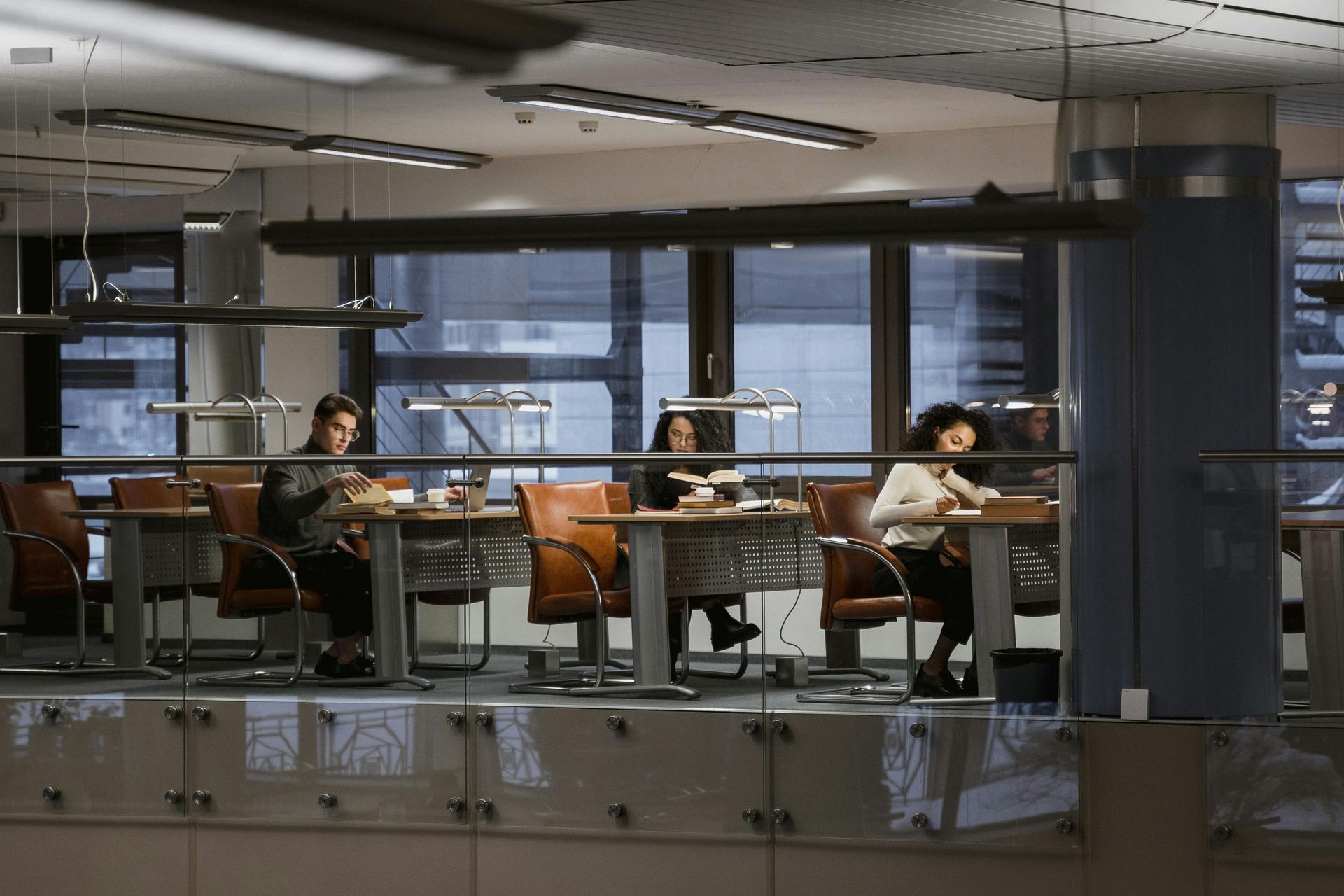NEWS AND VIEWS
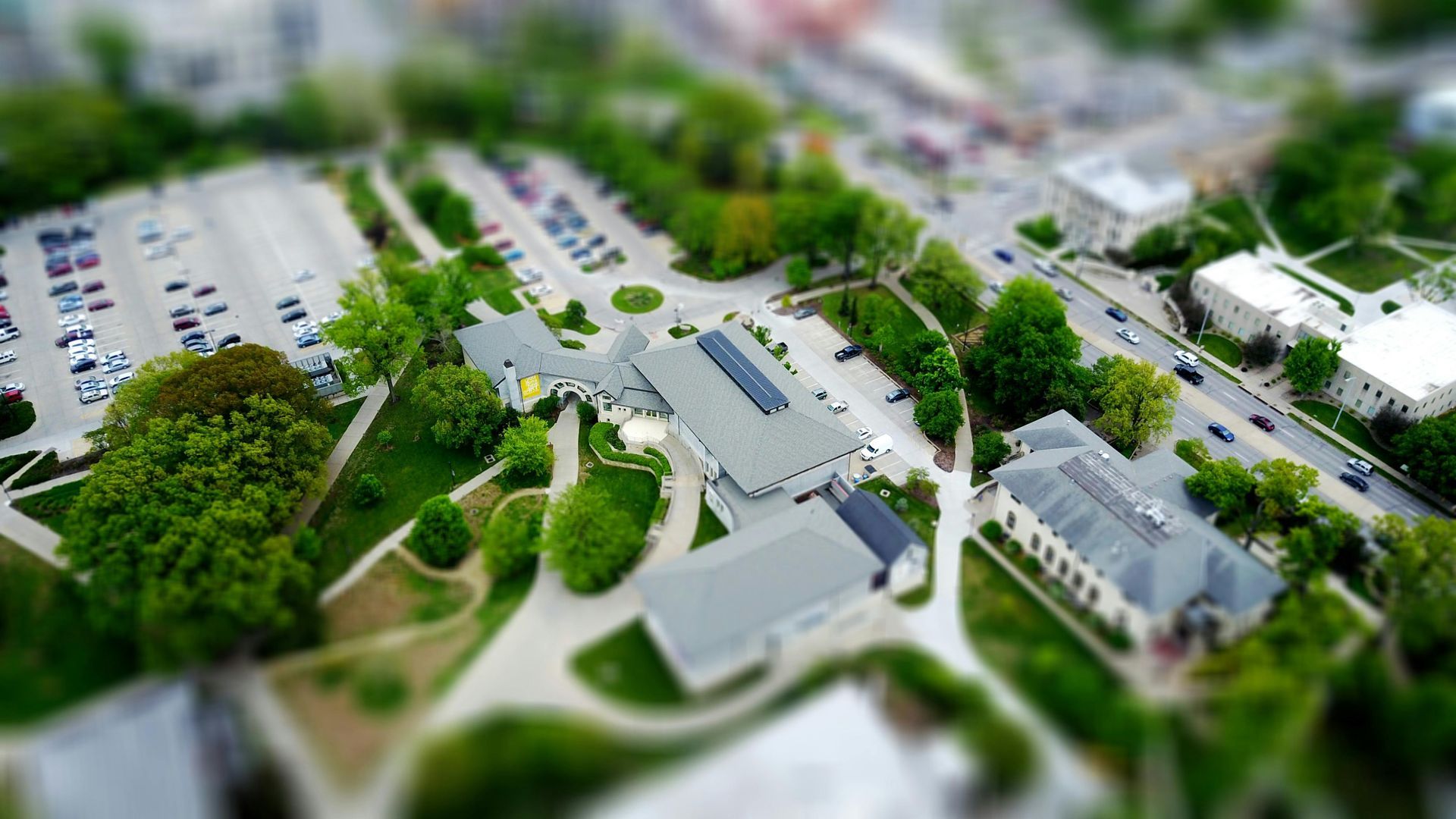
How can planning policy influence and support the development of the circular economy in construction and what actions can municipalities take to support circularity and reuse? At the end of January, Reusefully hosted a webinar on this topic with contributions from more than 100 attendees who joined from across the UK, Denmark and beyond.
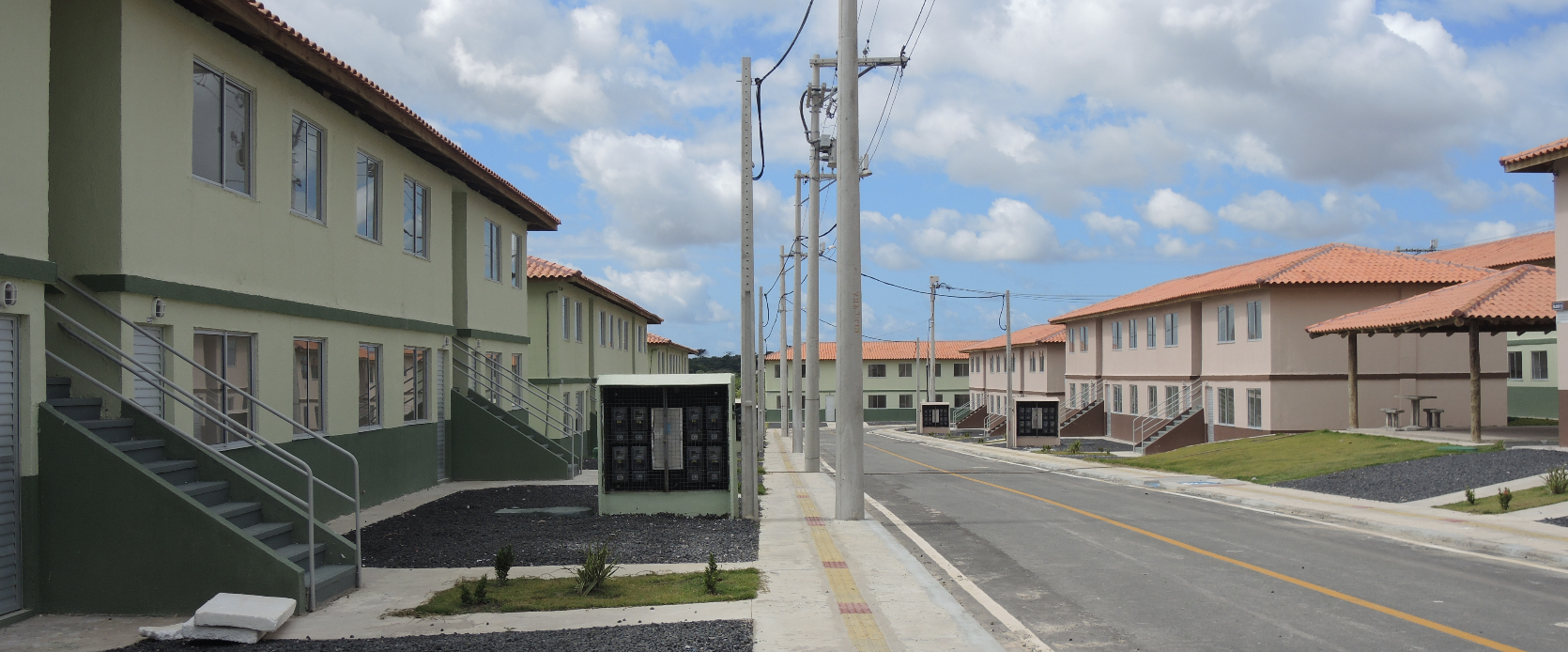
As COP30 closes today in Brazil, most headlines have centred on forests and energy. But there’s another critical question we must ask "where will people live in a climate-safe future? Gilli Hobbs of Reusefully and Ana Quintas of Sustenuto reflect on affordable housing, sustainability and quality. Affordable housing isn’t only a social priority, it’s a climate imperative. Sustainable development can only succeed if construction, housing, and social impact move forward together. Around 11 years ago, whilst at BRE, we were invited to a pan government and industry workshop to discuss affordable housing and priorities to improve sustainability and quality in the next (highly ambitious) phases of the Minha Casa Minha Vida programme. There had already been around 3 million homes built over 7 years. An impressive feat that resulted in millions of Brazilians having formal housing for the first time. However, there were issues arising from these developments that needed to be resolved prior to the next wave of developments. In 2015, we launched a programme with Caixa Econômica Federal and UNDP to strengthen sustainability in Brazil’s social housing sector - Advancing the Sustainability of Social Housing Developments in Brazil. The goal was to raise environmental performance and building quality in Brazil’s Minha Casa Minha Vida programme, which has provided millions of homes for low-income families. These earlier housing developments offer important lessons, while future programmes present opportunities to embed higher sustainability standards from the start. To support this evolution, our team and partners developed a set of tools and methodologies: Sustainability Standard for Social Housing : A framework to support governance, tools, training, and guidance to programme managers and operators. Balanced Scorecard : A holistic evaluation approach covering infrastructure, services, and the social, economic, and environmental sustainability of communities. Post-Occupancy Evaluation : A robust methodology adapted to the Brazilian context, enabling consistent data collection on housing performance and resident experience. Impact Assessment : Although data gaps limited a full evaluation, we provided strategic guidance to strengthen future assessments. Dissemination Phase : Workshops with industry, associations, and residents, supported by CAIXA, UNDP, and the Ministry of Cities, ensured wide engagement and knowledge sharing. This work marked the beginning of a long-term journey: embedding sustainability not just in buildings, but in governance, urban planning, and community development. Watch this short video on how Brazil approached sustainable housing challenges a decade ago. Why this matters today Buildings account for nearly 40% of global energy-related emissions. Every affordable home built without sustainability locks in decades of inefficiency, higher costs, and increased climate risk for families who can least afford it. As COP30 ends, the real work begins. Climate justice isn’t only about forests and energy transitions . It’s also about homes—where people live, raise families, and build their futures. Sustainable development only succeeds when housing, construction, climate resilience, and social impact move hand in hand. COP30 reminds us of a simple truth: climate justice starts at home. What did we learn? Our project was quite intense, involving many stakeholders from across Brazil. The level of collaboration and determination to provide more sustainable and resilient homes for the poorest segment of society was very impressive – for which it won an award as you can see below.
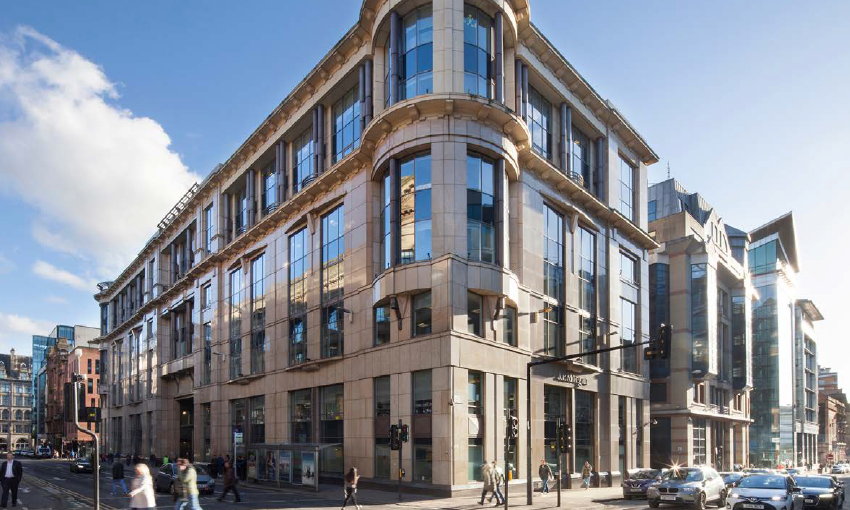
45 Waterloo Street is a 95,500 sq ft office building acquired by RoundShield and CEG Group earlier this year which is currently undergoing refurbishment by the new owners. This includes a full internal refurbishment, refreshed external elevations, a new external roof terrace and removal of the large, glazed atrium to the rear of the building. The building is situated in Glasgow’s busy financial services district.
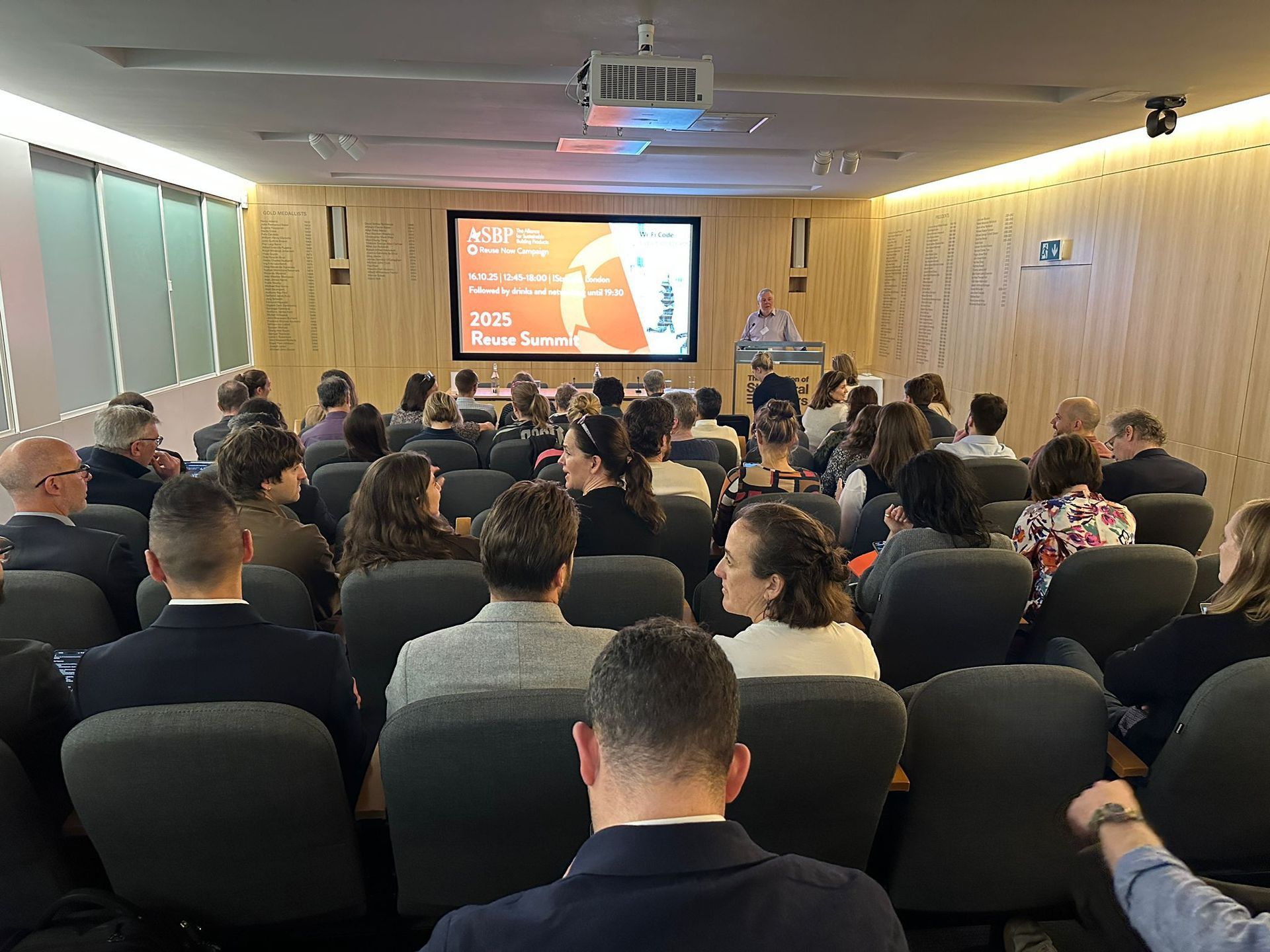
Part of driving the transition to a circular economy is highlighting the truth about the effect that we’re having on the environment, the challenges we are facing, and the issues that need to be addressed. Reusefully's Zoe Culverhouse reflects on some of the learning from the recent ASBP Reuse Summit, and the need to focus on the positives we are starting to see. For most of us, and certainly for those of us who attended the ASBP Reuse Summit, the scary truths are enough to make us change our ways and work to find solutions. It is also true however, that for some having access to this information is not enough to spur them to create change. So, the question I’m sure we all want answered is, what will? Leading by example, highlighting the benefits, sharing successes, and proving possibilities were key themes and drivers discussed throughout many of the talks. There are lots of positive things happening in the world of circularity and sustainability; global risks for climate change are being recognised, there has been growth is renewables, embodied carbon legislation is improving, we are seeing successful reuse of numerous materials and products, and The International Court of Justice (ICJ) issued an advisory opinion that climate inaction can be a breach of international law, to name a short few. Potentially one of the most exciting things to see is that there is so much innovation in this space, many of the speakers spoke about the idea of ‘possibilism’ and these innovative projects are showcasing just that. At Euston Tower, Arup and 3XN GXN are extracting panels of the concrete floor for reuse in another structure. At the Brunswick Centre Hub, Heyne Tillett Steel are jacking and lowering floor slabs to increase floor to ceiling heights, and at Resource Rows, Lendager cut out and reassembled old cement-mortar brick facades into new facade modules. Reusefully were involved with one of these projects, proving the initial pre-demolition audit for Euston Tower. Unfortunately, I don’t have an answer to our question of what will drive change, but I can share with you some of the topics shared at the ASBP Reuse Summit. Salvatore Gangemi and Ivo Kolchev, sustainability managers at McLaren, spoke about some of the risks of inaction around sustainability and circularity that organisations may be facing now and in the future. These include regulatory, reputational, and operational risks and may be key drivers for those who I fear will otherwise make no attempt at change. Though risk is a big driver it is not ideal to force people into change, so how do we make them want to? Many of the speakers shared ways in which we might do so; we need to get them involved, we can challenge norms around procurement and business as usual, lead by example and share our successes and possibilities, share the benefits (like winning awards, professional pride, and faster planning processes), and one of my favourite suggestions, we can trick them! Well not really, but this idea stemmed from discussion around renaming reuse and shifting terminology to change perception, dubbed ‘sneaky reuse’. Some suggestions included renaming reused materials as ‘carbon free materials’, ‘pre-loved’, or ‘extended life products’. A great example of success is Durley Chine Environmental Hub, designed by Footprint Architects. It is an amazing building that has the power to get people excited about reuse. When Philip O’Leary, Director at Filros Timber Consultancy and Board Member of Woodknowlege Wales, shared this case study with the group you could hear the amazement at its beauty. Some may be surprised to know that it is partially constructed and clad with reclaimed timber. You may not think you’re interested in ‘timber reuse’ but I have no doubt that this building interests you, the reuse of the reclaimed timber alongside other sustainable elements don’t just make it beautiful, they give it a story. It is now an exemplar and award-winning building for sustainability. Though it may sometimes feel like it, most people aren’t actively trying to push against circularity and reuse. Ben Holmes Associate Director & Head of Sustainability at Elliott Wood, spoke about how giving people the tools to succeed is key. His implementation toolkit shows us that to be successful project teams need, capability, motivation, and opportunity. Capability can be built by providing tools that can be used to reduce the information gap. Opportunity can be created by processes such as getting an audit done as early as possible and following up through the project. Motivation can be sustained through storytelling, gamification, workshops and competitions. So, my main takeaways from this event are, to focus on the positives and the successes we have already seen, share the bright and beautiful side of reuse, remember to stay excited about progress and innovation, and base your world view around what is possible. Some further reading and information: Euston Tower , Arup and 3XN GXN Heyne Tillet Steel Lendager’s Resource Rows Durley Chine Environmental Hub , Footprint Architects ASBP’s Reuse Now campaign You can connect with Zoe Culverhouse on LinkedIn
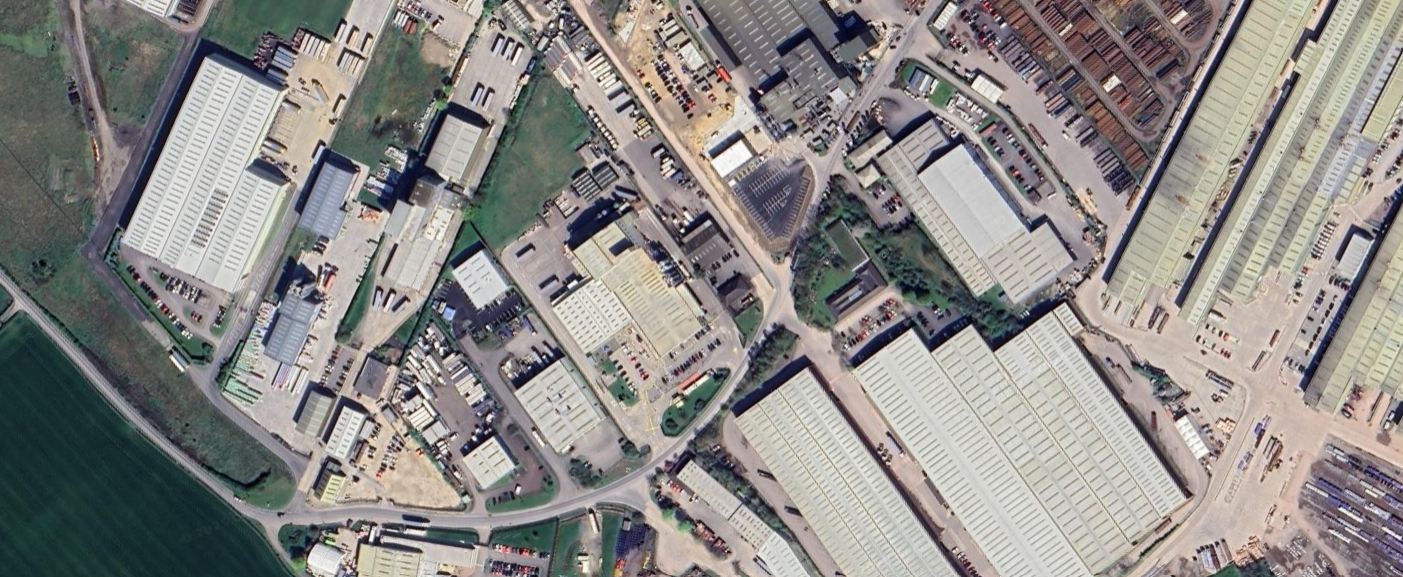
A pioneering scheme to create a pathway to net zero carbon emissions for a North Yorkshire industrial estate is providing a viable model for decarbonisation in rural industrial estates. The Decarbonising Dalton project was supported with funding from Innovate UK and match funded by Dalton Business Partners, carried out a 12-month feasibility study at Dalton Industrial Estate near Thirsk. The study examined emissions associated with power, heat, transport and the circular economy, developing strategies to reduce them effectively. The study provided individual assessments for each business on the estate, resulting in a tailored action plans to achieve net zero while minimising the need for carbon offsetting. The initiative was delivered in five key phases: business needs assessments, quick-win reductions, shared onsite opportunities, offsite interventions, and collation and knowledge sharing. Following the circular economy work package undertaken by Reusefully (which focused on the individual business’ material procurement needs) the Dalton Industrial Estate Exploitation Plan highlights that in 2026 partners should promote industry symbiosis across the estate. The Plan highlights how businesses can collaborate to agree on common material requirements, enabling them to share resources more efficiently. By aligning their procurement strategies and identifying opportunities for material reuse, businesses can significantly reduce waste and reliance on external suppliers. This cooperative approach would not only enhance sustainability but also create a more resilient and interconnected industrial ecosystem, driving further progress towards the Estate’s decarbonisation goals.
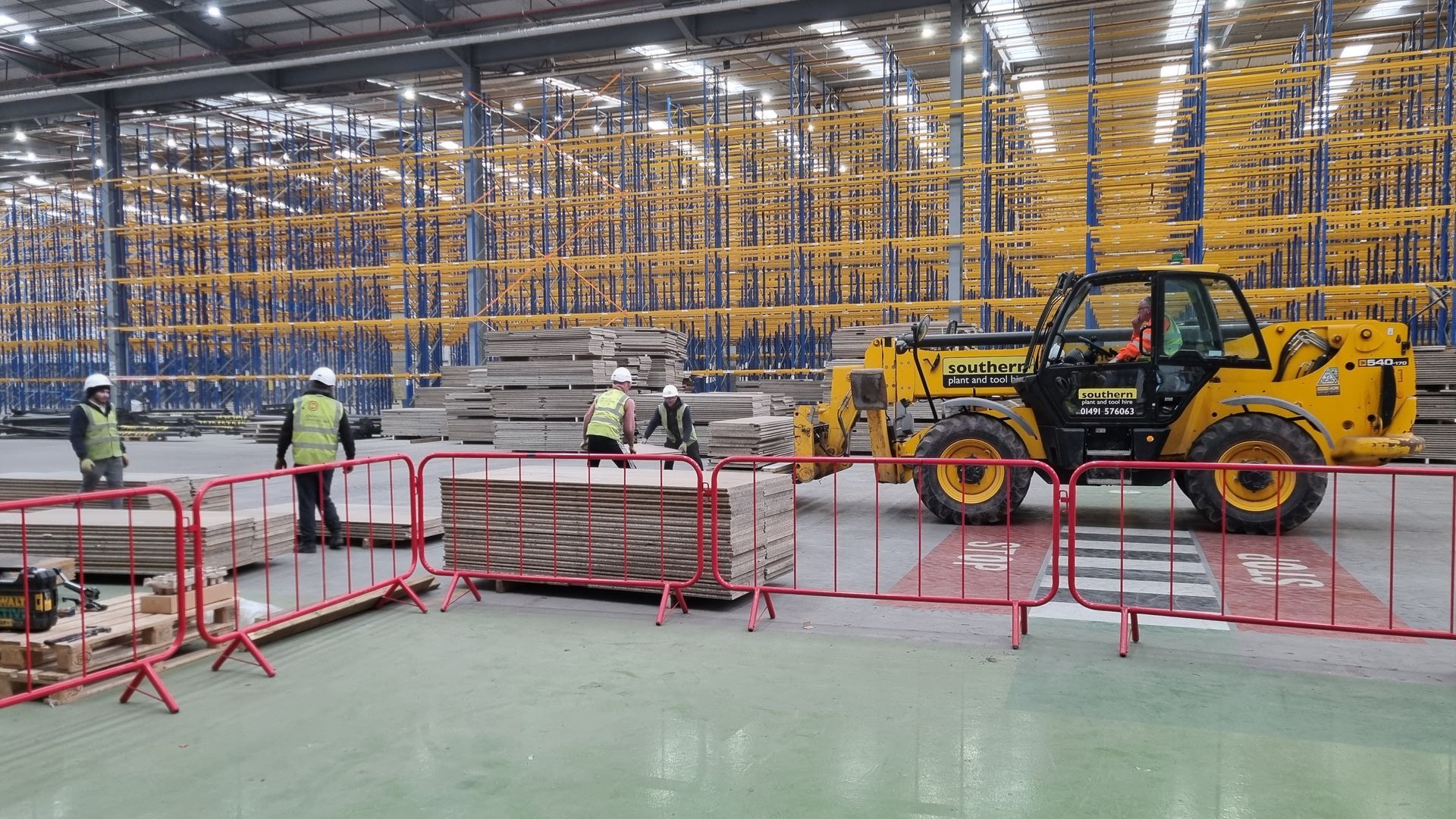
Black Swan is a 191,000 sq. ft warehouse and office space owned by Aviva Investors, which is currently undergoing refurbishment including the removal of internal finishes such as carpet tiles and ceiling tiles, some internal doors, lighting and MEP equipment, the large 3 storey mezzanine, and warehouse racking.
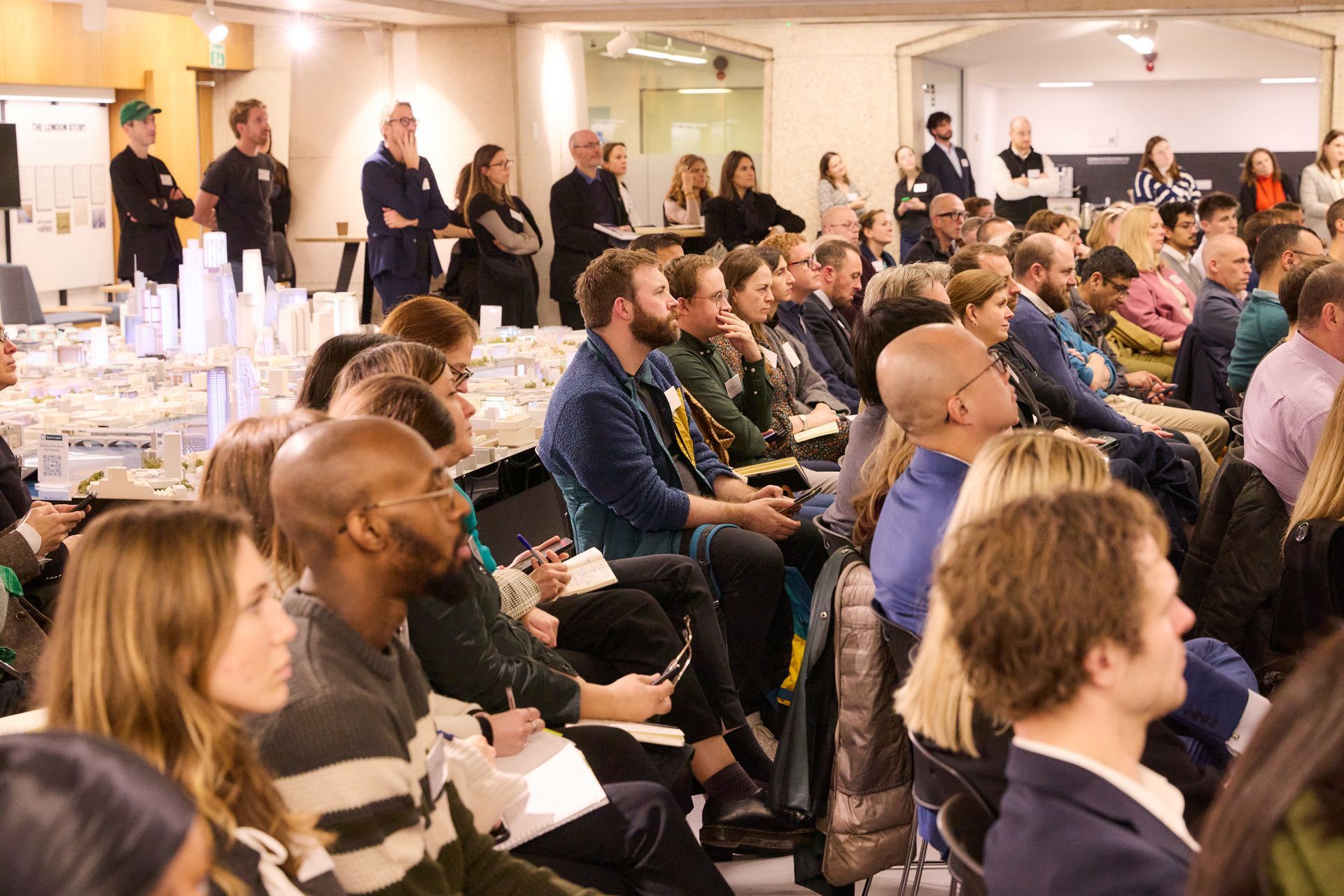
Digital Meets Deconstruction : Maconda and Reusefully Unite to Drive Circular Construction in London
Maconda, the providers of the ROMULUS digital platform, and Reusefully, the leading provider of pre-deconstruction/pre-demolition audits, are collaborating to drive the circularity of construction projects in London and beyond.

